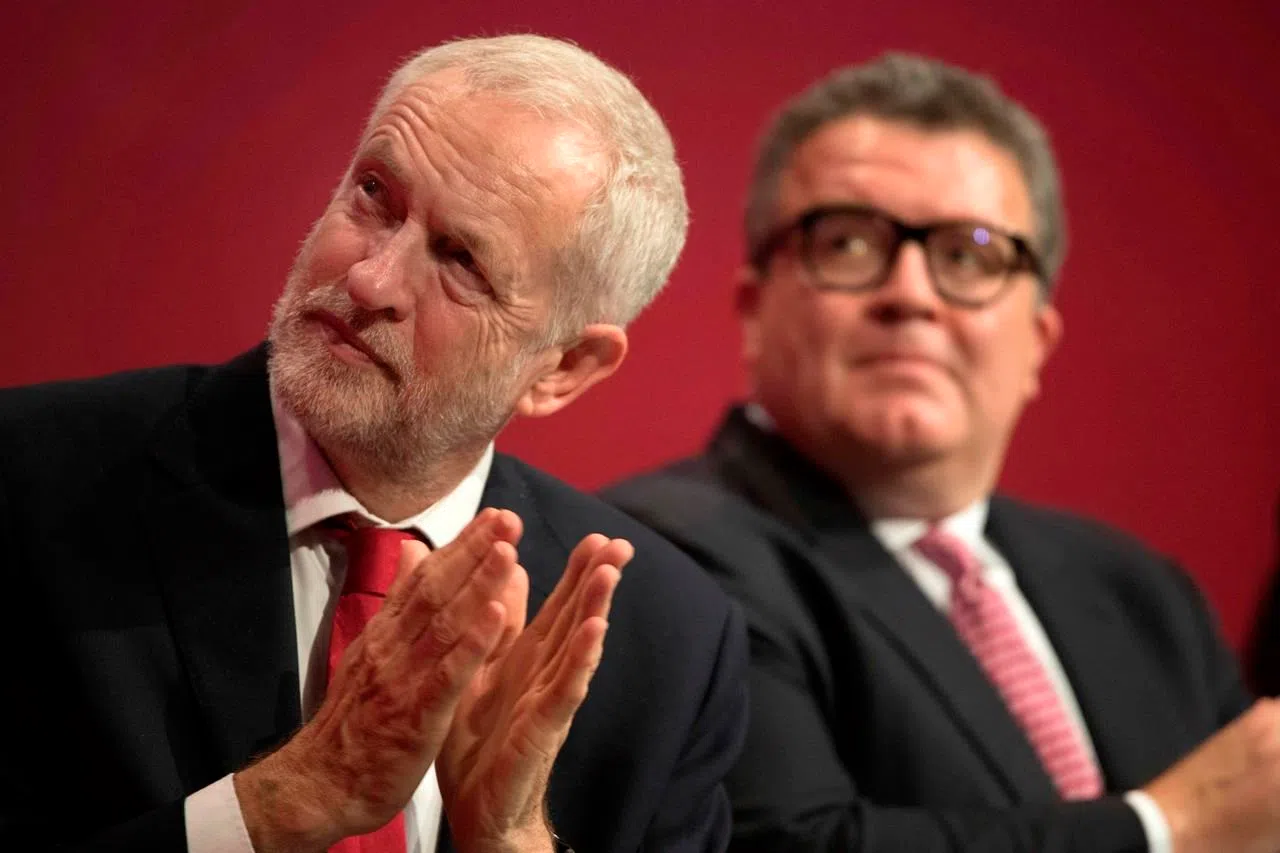
Emboldened UK Labour Party divided over the B-word: Brexit
BRIGHTON, England — Ben Asson drove 200 miles (320 kilometres) and slept in his car to deliver a message to Britain’s Labour Party and its left-wing leader, Jeremy Corbyn.
The brewer from Wales stood outside the seaside conference centre hosting the opposition party’s annual gathering with a hand-written sign: “Get real, JC. Stop riding the fence. Stand up for our EU rights.”
“Brexit is the biggest question,” said Asson, who wants a new referendum on membership in the bloc. “Everything else is just moving around the deckchairs on the Titanic.”
Some 48 per cent of British voters backed staying in the European Union in last year’s referendum, and many of them hope Labour can soften or stop Brexit. Hundreds of demonstrators marched past the conference on Sunday, urging the party to back an “exit from Brexit.”


